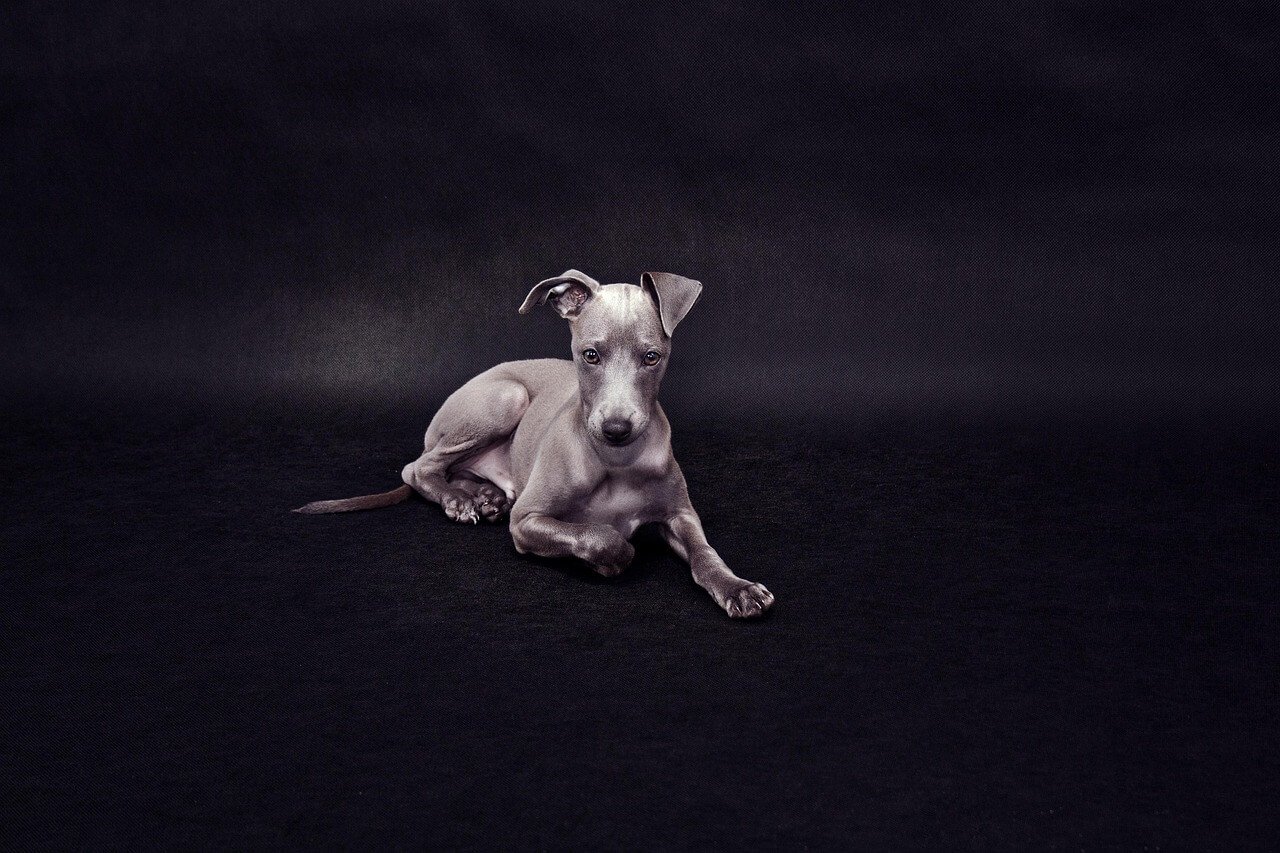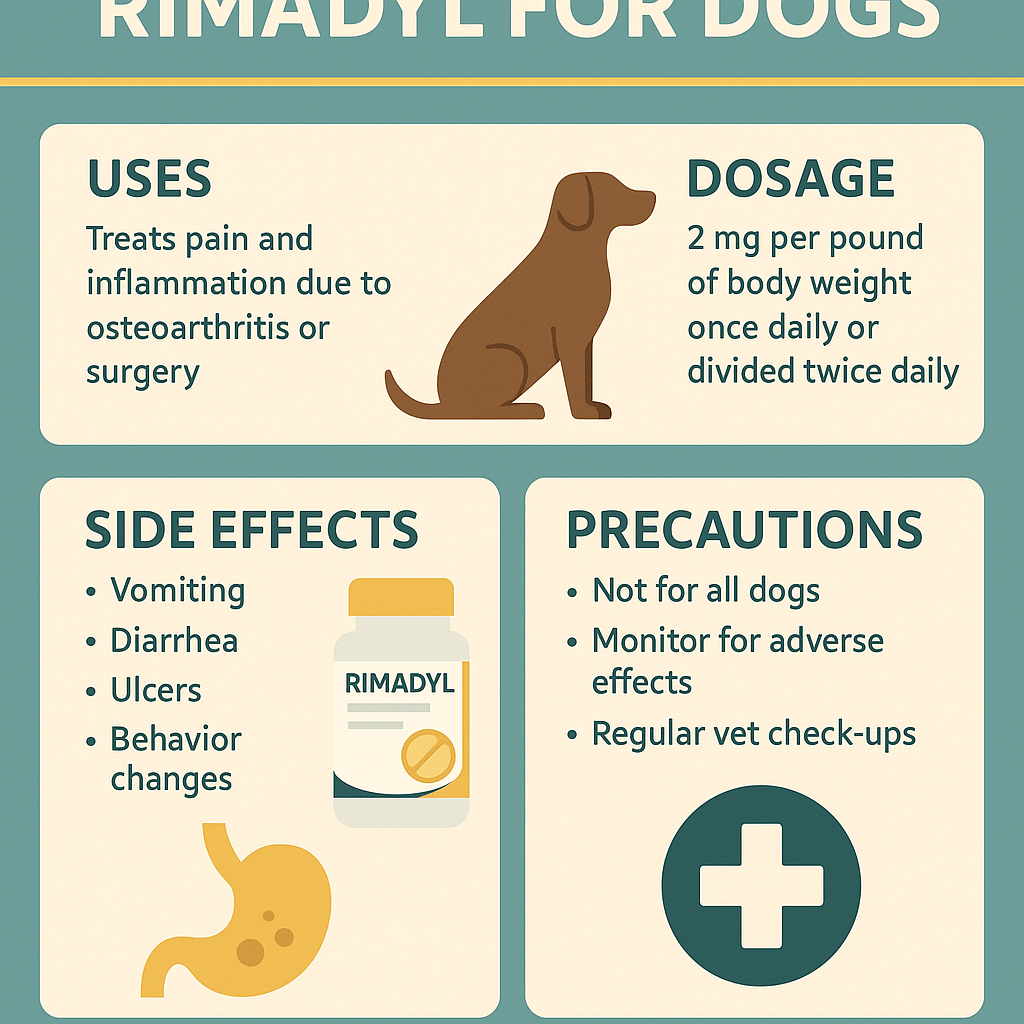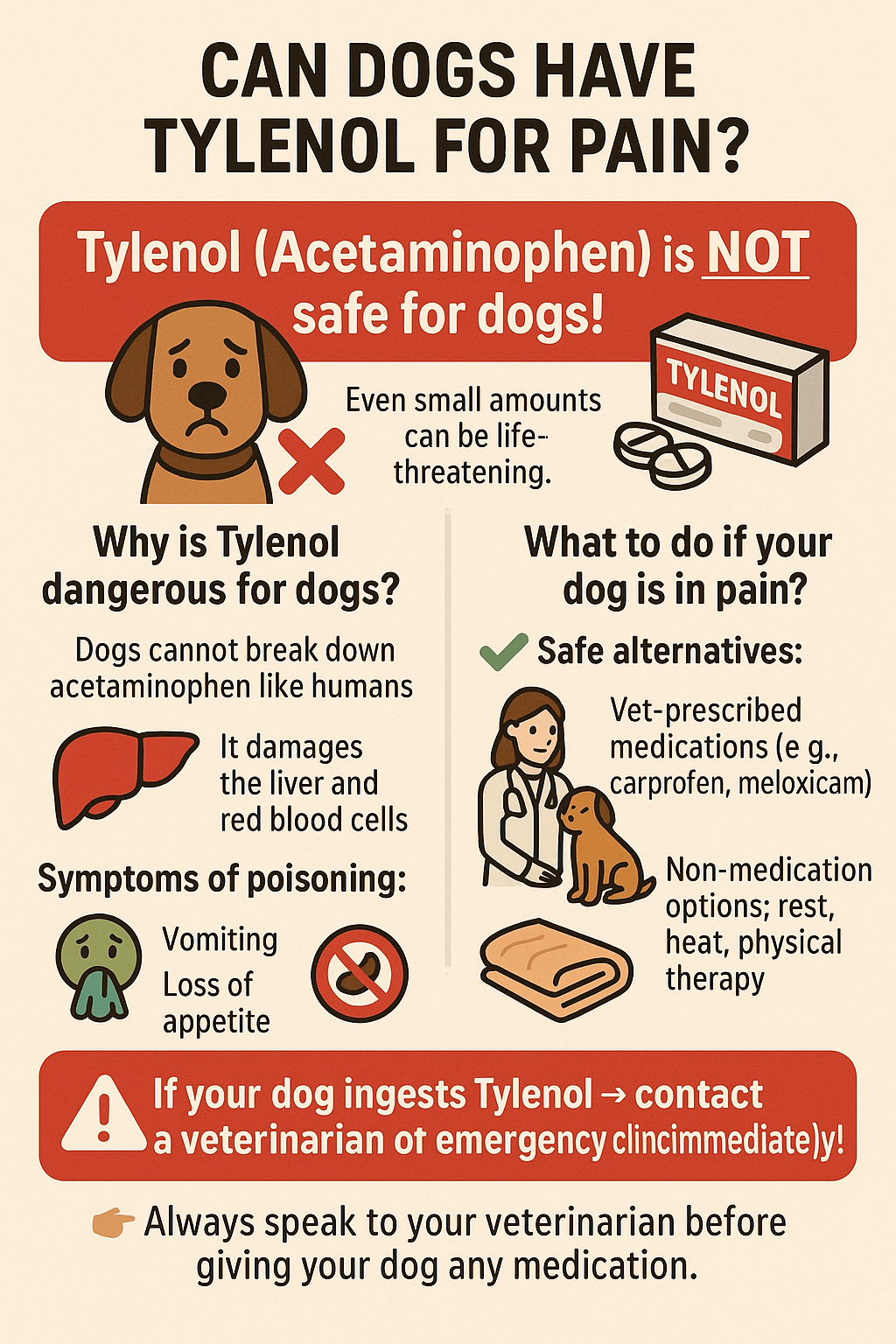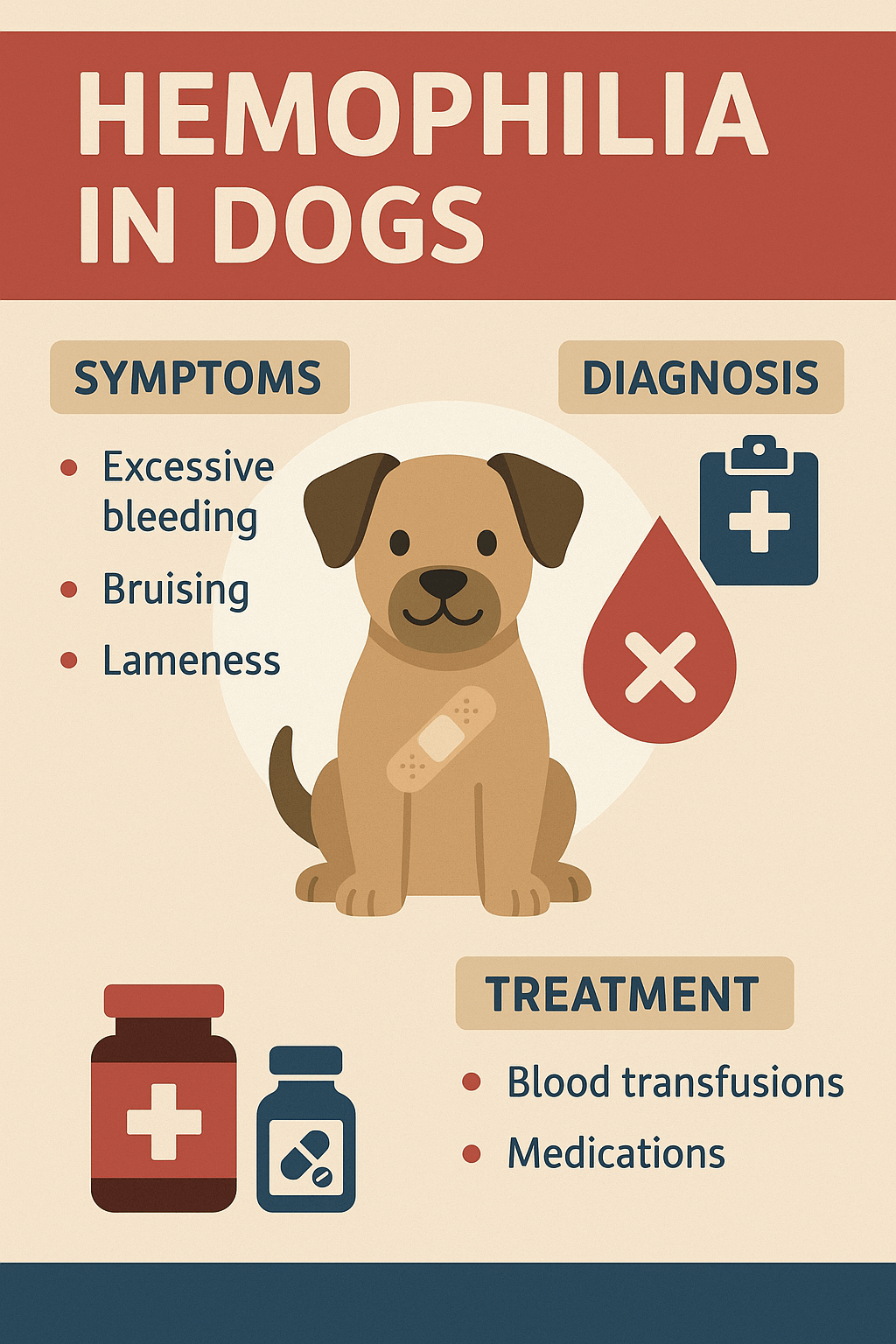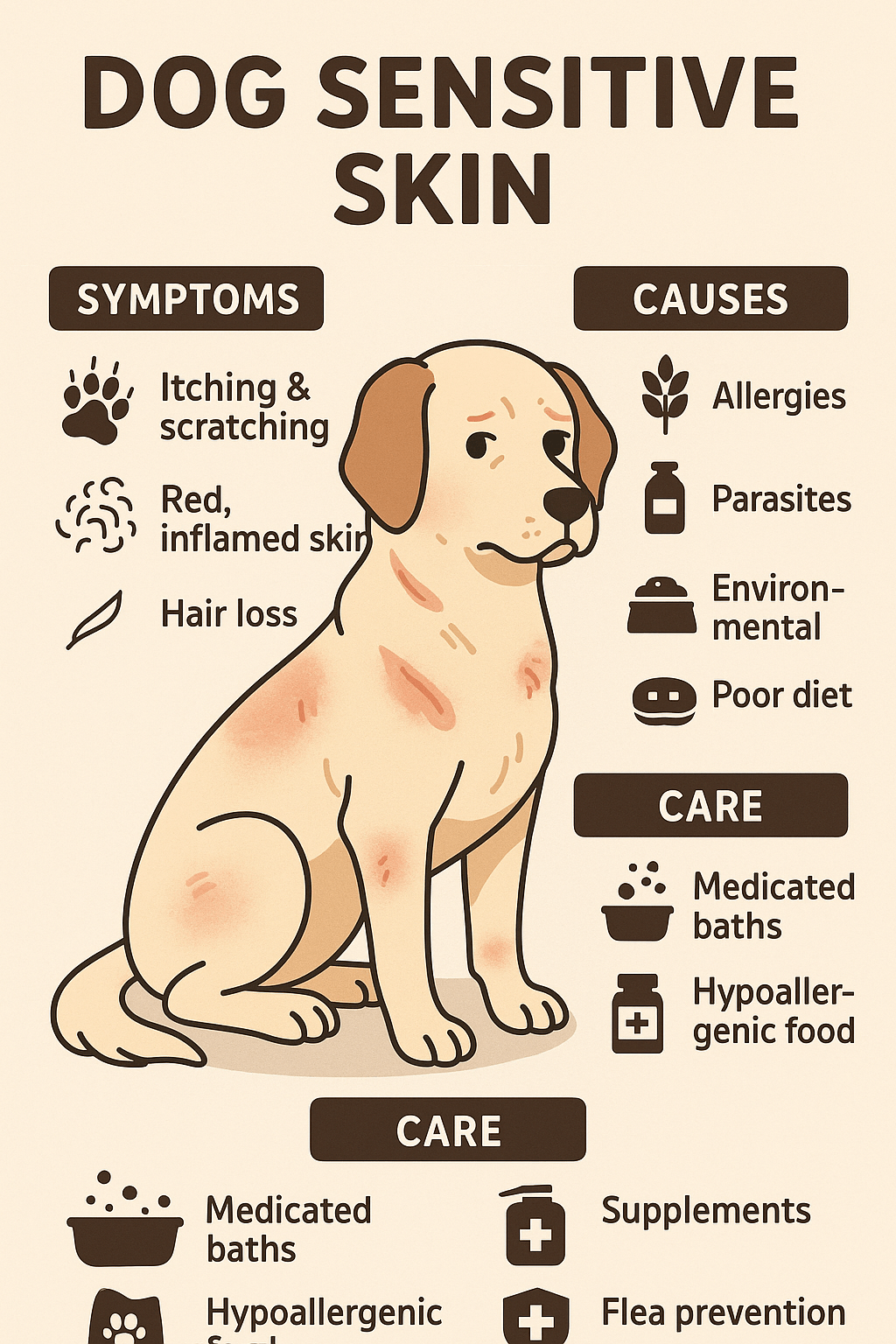Small Dogs That Dont Shed: Perfect Companions for Low-Maintenance Living
If you’re searching for a small dog that doesn’t shed, you’re likely looking for a pet that’s both adorable and easy to care for. While no dog is entirely hypoallergenic or completely free of shedding, certain breeds produce minimal dander and lose very little fur. These dogs are ideal for people with allergies, busy lifestyles, or simply those who prefer less hair around the house. In this article, we’ll explore some of the best small dog breeds that don’t shed, their unique traits, and tips for keeping them happy and healthy. Whether you’re a first-time dog owner or a seasoned pet parent, these pups are sure to win your heart without overwhelming your home.
Top Picks: Small Dogs That Minimize Shedding
When it comes to small dogs that don’t shed much, several breeds stand out for their low-maintenance coats and charming personalities. These dogs are perfect for apartment living or homes where cleanliness is a priority. Here are some of the best options:
Bichon Frise :
Known for their fluffy, curly coat, Bichons shed minimally and are playful companions.Poodle (Toy or Miniature) :
Poodles have tightly curled hair that traps loose fur, making them nearly shed-free.Shih Tzu :
With their long, silky coat, Shih Tzus shed very little but require regular grooming.Maltese :
This elegant breed has a single-layer coat that produces almost no shedding.Yorkshire Terrier :
Yorkies have fine, silky hair that sheds minimally and is easy to maintain.
These breeds not only keep shedding to a minimum but also bring joy and companionship to any household. Their unique qualities make them excellent choices for allergy sufferers or neat freaks alike.
Keeping It Clean: Essential Grooming Practices for Low-Shedding Breeds
Even though small dogs that don’t shed may leave less hair around your home, they still require regular grooming to keep their coats healthy and tangle-free. Proper care ensures their fur stays soft, shiny, and manageable. Here are some grooming tips to keep in mind:
Brush Regularly :
Use a slicker brush or comb to prevent matting and remove loose hairs.Trim Their Coat :
Schedule professional trims every 6–8 weeks to maintain a tidy appearance.Bathe Occasionally :
Bathe your dog every 4–6 weeks using a gentle, hypoallergenic shampoo.Clean Their Ears :
Check and clean their ears weekly to prevent infections, especially in floppy-eared breeds.Nail Care :
Trim their nails monthly to avoid discomfort and potential injuries.
By following these grooming practices, you can ensure your small dog remains comfortable and looking their best while keeping shedding under control.
Check this guide 👉Can Small Dogs Use a Litter Box? Best 7 Expert Tips!
Check this guide 👉Quiet Small Dog Breeds: Best 7 Expert Tips!
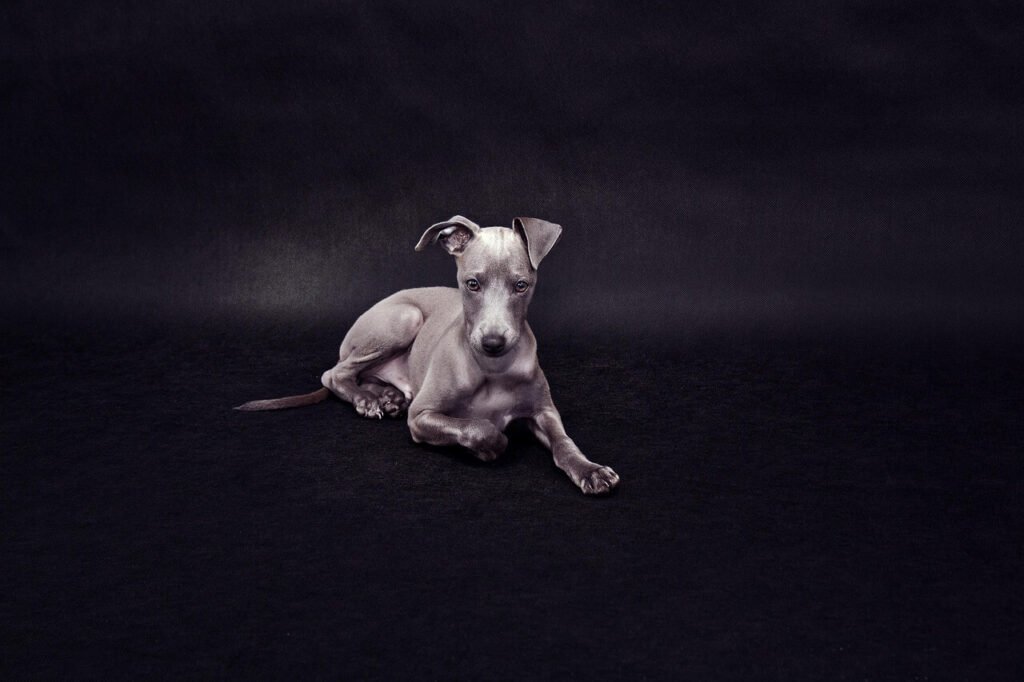
Low-Shedding Small Dog Breeds | Key Traits |
|---|---|
Bichon Frise | Playful, affectionate, minimal shedding |
Toy Poodle | Intelligent, hypoallergenic, energetic |
Shih Tzu | Gentle, loyal, requires frequent grooming |
Maltese | Elegant, calm, almost no shedding |
Yorkshire Terrier | Bold, curious, minimal grooming needs |
Why Choose a Low-Shedding Small Dog? Advantages of These Breeds
Small dogs that don’t shed offer numerous benefits beyond their minimal shedding. From their adaptability to their ease of care, these breeds make wonderful companions for a variety of households. Here’s why they’re worth considering:
Allergy-Friendly :
Their low-shedding coats produce less dander, making them better for allergy sufferers.Space-Saving Size :
Small breeds are ideal for apartments and smaller living spaces.Less Mess Around the House :
Minimal shedding means fewer hairs on furniture, clothes, and floors.Affectionate Personalities :
Many low-shedding small dogs are known for their loving and social nature.Easy to Carry and Travel With :
Their compact size makes them convenient for trips or vet visits.
These advantages make small dogs that don’t shed an excellent choice for anyone seeking a clean, loving, and manageable pet.
Clearing Up Confusion: What You Need to Know About Non-Shedding Breeds
There are several myths surrounding small dogs that don’t shed, which can lead to misunderstandings about their care and suitability. Here’s what you need to know to separate fact from fiction:
Myth: They Are Completely Hypoallergenic :
Fact: While they produce less dander, no dog is entirely hypoallergenic.Myth: They Require No Grooming :
Fact: Low-shedding breeds often need regular grooming to prevent matting and maintain their coat.Myth: They Are Less Active :
Fact: Many small dogs that don’t shed are energetic and require daily exercise.Myth: They Are Better for All Allergy Sufferers :
Fact: Individual reactions vary; spend time with a breed before committing.Myth: They Are Easier to Train :
Fact: Temperament varies by breed; some may be more stubborn than others.
Understanding these truths helps set realistic expectations and ensures a harmonious relationship with your furry friend.
Staying Healthy: Common Health Issues in Low-Shedding Breeds
While small dogs that don’t shed are generally healthy, they can be prone to certain breed-specific health issues. Being aware of these potential concerns allows you to provide the best care and ensure your dog lives a long, happy life. Here’s what to watch for:
Dental Problems :
Small breeds often have crowded teeth, increasing the risk of gum disease and tooth decay.Patellar Luxation :
Many small dogs are susceptible to kneecap dislocation, which may require surgery in severe cases.Skin Sensitivities :
Low-shedding breeds with curly or silky coats may develop skin allergies or irritations.Eye Conditions :
Breeds like Shih Tzus and Bichon Frises are prone to eye infections or tear staining.Tracheal Collapse :
Toy breeds, such as Yorkshire Terriers, may experience weakened tracheas, especially with improper collar use.
By staying informed about these health risks, you can take preventive measures and seek timely veterinary care to keep your dog thriving.
Living Harmoniously: How to Reduce Allergens at Home
Even though small dogs that don’t shed produce fewer allergens, some people may still experience mild reactions. Fortunately, there are ways to minimize allergens and create a comfortable environment for everyone. Here’s how to manage allergies effectively:
Use Air Purifiers :
Invest in HEPA air purifiers to trap dander and other allergens in your home.Wash Bedding Regularly :
Clean your dog’s bedding and your own sheets weekly to reduce allergen buildup.Bathe Your Dog Often :
A gentle bath every 4–6 weeks can help remove loose dander and dirt from their coat.Limit Access to Certain Areas :
Keep your dog out of bedrooms or other allergy-sensitive spaces if needed.Vacuum Frequently :
Use a vacuum with a HEPA filter to clean carpets, furniture, and floors thoroughly.
These strategies can significantly reduce allergens, making it easier for allergy sufferers to enjoy life with their low-shedding companion.
Keeping Them Active: Fun Ways to Engage Your Low-Shedding Pup
Small dogs that don’t shed may not need hours of exercise, but they still require mental and physical stimulation to stay happy and healthy. Tailoring activities to their size and energy level ensures they remain engaged and well-behaved. Here are some fun ideas:
Daily Walks :
Short walks around the neighborhood provide exercise and mental enrichment.Interactive Toys :
Puzzle toys or treat-dispensing games keep their minds sharp and entertained.Indoor Playtime :
Games like fetch or hide-and-seek are perfect for small spaces.Obedience Training :
Teaching tricks or commands strengthens your bond and provides mental challenges.Socialization with Other Dogs :
Arrange playdates or visits to dog parks to help them socialize safely.
Regular activity not only keeps your dog physically fit but also prevents boredom-related behaviors like chewing or barking. With the right balance of exercise and play, your small dog will thrive in any setting.
Frequently Asked Questions About Small Dogs That Don’t Shed
Are there truly non-shedding dog breeds?
No dog is completely non-shedding, but some breeds shed so minimally it’s barely noticeable.
Do low-shedding dogs require less maintenance?
Not necessarily—they often need regular grooming to keep their coats healthy.
Are small dogs that don’t shed good for apartments?
Yes, their size and minimal shedding make them ideal for smaller spaces.
Can I skip brushing my low-shedding dog?
No, regular brushing is essential to prevent mats and maintain coat health.
How do I choose the right low-shedding breed for me?
Consider your lifestyle, grooming preferences, and the dog’s temperament before deciding.
Final Thoughts: Finding Your Perfect Low-Shedding Companion
Small dogs that don’t shed are a fantastic option for pet lovers seeking a cleaner, easier-to-manage furry friend. With their charming personalities, minimal shedding, and adaptability to various lifestyles, these breeds bring joy without overwhelming your home. By understanding their grooming needs, unique traits, and care requirements, you can ensure a happy and fulfilling relationship with your new companion. Whether you’re drawn to the playful Bichon Frise, the intelligent Poodle, or the elegant Maltese, there’s a perfect low-shedding small dog out there for everyone. Take the time to research and meet different breeds—your dream pup is waiting to join your family!
Rimadyl for Dogs: Best 7 Expert Tips! Discover expert advice on using Rimadyl safely, managing pain, and improving your dog’s mobility with trusted veterinary insights.
Can Dogs Have Tylenol for Pain? Best 7 Expert Tips! Discover the risks, safe alternatives, and expert advice on managing your dog’s pain effectively while avoiding harmful medications.
Understanding Hemophilia in Dogs: Best 7 Expert Tips! Discover expert advice on managing hemophilia, recognizing symptoms, and ensuring your dog’s well-being with practical care strategies.
Understanding Dog Sensitive Skin: Best 7 Expert Tips! Discover expert advice on managing dog sensitive skin, relieving irritation, and improving your pup’s comfort with practical solutions.

